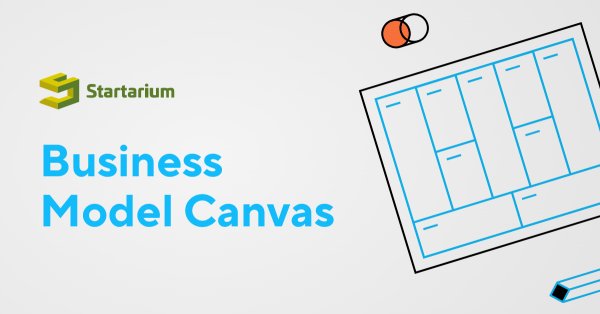When you have control over your cash flow, you are better prepared to handle potential crises (like the pandemic, for example).

Entrepreneurs must plan not only their income and expenditure, but also their collections and payments, observe the vulnerability of the company when they have negative external shocks, and take the time to find optimal solutions. When you have control over your cash flow, you are better prepared to handle everything, including crises (like the pandemic, for example).
In a country like Romania, marked by many fiscal uncertainties and overnight emergency decisions that dramatically affect companies' budgets, entrepreneurs need predictability more than anything. This involves planning income and expenditure budgets, which most entrepreneurs actually do. But what I have rarely seen, however, is proper cash flow planning.
-
Were you caught off guard by the sudden increase in the minimum wage?
-
Have you been thrown off by some of your major customers’ failure to pay invoices?
-
Have you had liquidity issues due to late selling or stock expiry or increased bank interest?
-
Or maybe due to the gross margin decrease due to the aggressive competition?
If so, then all these are signs that you do not have a proper planning of your collections and payments in the context of unforeseen external shocks.
What happens in the absence of proper planning
Entrepreneurs generally realize that they don't have enough money left to pay off their debts much too late and then start running around in circles. They either defer the payments due to their suppliers, stagger their fiscal liabilities or pay the salaries off-the-books.
In any case, reactive solutions are always expensive and also have side effects such as undermining the company's credibility, high bank interest rates or high staff turnover due to the loss of the employees’ confidence in the company.
In this message I am addressing entrepreneurs to discuss about prevention and how to properly plan their cash flow in stress scenarios.
How you can plan better
Starting from the recent past data, any entrepreneur can plan monthly, throughout the year:
-
the income
-
the expenditure for goods or raw materials, depending on whether it is a manufacturer or distributor
-
the salaries or subcontracting expenses with suppliers.
Then they must make an estimate of:
-
the interest paid to the bank according to the repayment schedule
-
the taxes and duties due to the state budget
-
the contributions and corporate or income tax, as the case may be
-
the variation of the receivables that negatively affect the liquidities
-
the stock variance
-
the supplier change, the latter having a positive effect on liquidities.
I’ve just written the formula for the indirect method used to estimate cash flow. This shows you roughly how much money the company can generate from its core business.
It also helps you simulate stress scenarios such as:
-
earnings decline beyond expectations
-
gross margin decrease due to the aggressive competition or the increase in wages (which happened many times, more precisely 15 times in the last decade, i.e. unexpected short-notice national minimum wage increase)
-
bank interest rates increase due to the inflationary pressures
-
tax changes
-
failure to collect invoiced due amounts from customers (that's right, not collecting the invoiced amounts in due time is an issue that still happens in business)
-
stock buildup due to slower sales or perishable stock which reaches its expiration date.
Anticipating these negative shocks that are uncertain helps the entrepreneur gain the most important resource, namely time. You can prepare, anticipate or perhaps prevent, where you can or where appropriate, and you will make the best decision, because prevention is always better than intervention.
I'm Iancu Guda and today we talked about the efficient management of collections and payments. Entrepreneurs need to anticipate the cash flow in a country like Romania where we have a lot of surprises, most of which unpleasant and at a moment’s notice.
Prevention is always healthier than intervention and entrepreneurs should plan not only their income and expenditure, but also their collections and payments, observe the vulnerability of the company when they have negative external shocks, and take more time to find optimal solutions.
Iancu Guda is the General Manager of Coface Credit Management Services and author of "De ce eșuează companiile? 10 greșeli și 100 soluții” (Why do companies fail? 10 mistakes and 100 solutions) published by Editura Publica. The book marks the first 10 years of professional experience in credit risk management and is documented by analyzing the financial statements of 100,000 companies that entered into insolvency during the author's professional experience.
On his personal blog (www.IancuGuda.ro) he publishes weekly economic analyses and materials.
Since 2013, he has been an associate lecturer at Institutul Bancar Român (Romanian Banking Institute), where he teaches advanced financial analysis and corporate finance courses within the CEFA program. Active member and president of AAFBR (Association of Financial-Banking Analysts of Romania), Iancu is also an active member of other notorious associations, such as CFA Romania, Asociația Trezorierilor (Treasurers Association) and Asociația de Management al Creanțelor Comerciale (Trade Receivables Management Association).























